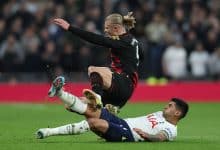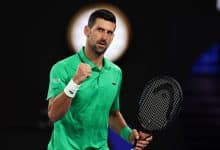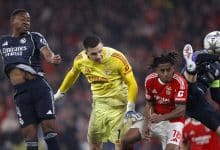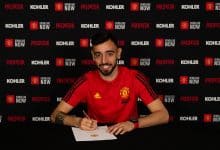Champions League Review: PSG and Inter Milan meet in the Final
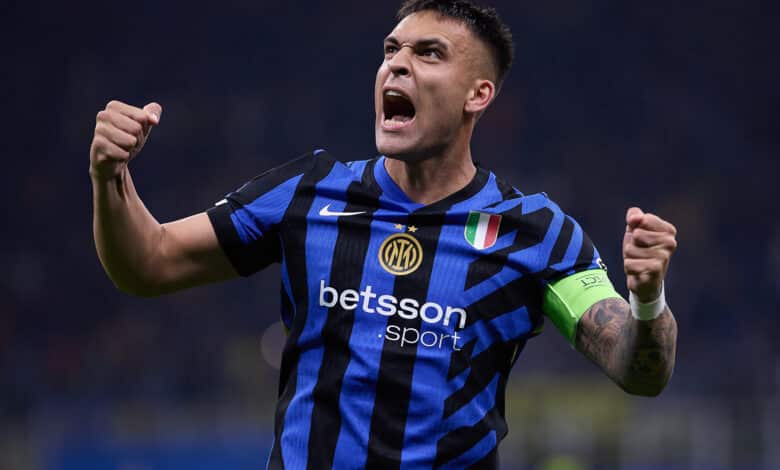
The Allianz Arena is ready to explode. It’s May 31, 2025, and the UEFA Champions League final is here, pitting Paris Saint-Germain, the French giants still chasing their first European crown, against Inter Milan, the Italian comeback kings hungry for a fourth title. This isn’t just a match, it’s a clash of philosophies, a test of nerve, and a chance for one club to etch their name in history. PSG’s journey has been a masterclass in reinvention under Luis Enrique, while Inter’s path is a tale of defiance. With Barcelona and Arsenal left in the dust, let’s rewind the tape, dissect the roads to Munich, analyze the fallen giants, and preview a final that’s got the football world buzzing.
?⚔️ CLASH OF DESTINY ?⚔️
— 365Scores (@365Scores) May 7, 2025
PSG are back in the UCL Final for the 2nd time ever ?? chasing their 1st Champions League trophy ?
Inter return after 2023 heartbreak ?, hungry for redemption ⚫?
? Kvaratskhelia. Lautaro. Dembele. Barella.
One night. One cup. One shot at… pic.twitter.com/Tf3sW2Mtcu
Table of Contents
PSG’s Redemption Road: From Galácticos to Teamwork
PSG’s 2024-25 Champions League campaign is the stuff of redemption arcs. Gone are the days of the Messi, Neymar, Mbappé soap opera, where individual brilliance often crumbled under European pressure. Luis Enrique has molded a squad that’s less about star power and more about synergy. Ousmane Dembélé’s blistering pace, Khvicha Kvaratskhelia’s “Kvaradona” magic, and a midfield trio of Vitinha, João Neves, and Fabián Ruiz have turned PSG into a relentless machine. They’ve already clinched Ligue 1 with games to spare, freeing their focus for this moment.
Ousmane Dembele is having one of the best seasons of his career as a PSG player!
— 365Scores (@365Scores) May 7, 2025
This squad is making their fans forget they even had a Messi, Mbappe and Neymar era. pic.twitter.com/wmpmHyHouK
Their path to Munich was brutal. In the round of 16, they pipped Liverpool on penalties. The quarterfinals pitted them against Aston Villa, where a 5-4 aggregate thriller showcased PSG’s attacking depth. Désiré Doué’s goal in Paris was pure art. The semifinal against Arsenal was their toughest test. A 1-0 first-leg win at the Emirates, thanks to Dembélé’s early strike, set the stage. In Paris, Arsenal dominated possession, but Fabián Ruiz’s rocket and Achraf Hakimi’s late zinger sealed a 2-1 second-leg win, 3-1 aggregate.
Enrique’s high-pressing, possession-based system has made PSG a nightmare to face. Their 33 goals in the Champions League games trail only Barcelona, and their ability to transition from defense to attack in seconds, often led by Kvaratskhelia’s progressive carries, gives them an edge. For a club that’s spent billions chasing this trophy, Munich feels like destiny.
Full-time in Paris: PSG 2-1 Arsenal (3-1 on aggregate) ???
Les Parisiens are headed to the Champions League FINAL for the 2nd time in their history — the first since 2020! ??
Hakimi & Dembele deliver again on the big stage pic.twitter.com/EjpxEuUlCx— 365Scores (@365Scores) May 7, 2025
Inter’s Chaos Kings: The Comeback of the Century
If PSG’s journey was a calculated march, Inter Milan’s was a wild, heart-pounding sprint. Simone Inzaghi’s Nerazzurri are the embodiment of Italian football’s soul: tactically disciplined, defensively stubborn, and capable of pure madness. Their semifinal against Barcelona, a 7-6 aggregate epic, capped by a 4-3 extra-time win at the San Siro, is already being called the greatest Champions League tie ever.
Inter’s campaign kicked off with a near-perfect league phase, W7, L1, but the knockouts tested their mettle. They edged Bayern Munich 4-3 in the quarterfinals, with Lautaro Martínez and Marcus Thuram outmuscling Harry Kane. Then came Barcelona. The first leg in Catalonia ended 3-3, with Thuram’s 30-second backheel, Denzel Dumfries’ acrobatic volley, and Raphinha’s thunderbolt setting the tone. The second leg was even crazier: Martínez and Hakan Çalhanoğlu’s penalty gave Inter a 2-0 lead, but Barça stormed back with goals from Eric García, Dani Olmo, and Raphinha. Just when it seemed over, 37-year-old Francesco Acerbi’s stoppage-time equalizer and Davide Frattesi’s extra-time winner sent the San Siro into rapture. Yann Sommer’s 14 saves across both legs earned him legend status.
Inter’s knack for thriving in chaos is their superpower. Despite trailing Napoli in Serie A and crashing out of the Coppa Italia, their European run, bolstered by Martínez’s nine goals, shows a team that refuses to quit.
What. A. Thriller. ??
— 365Scores (@365Scores) May 6, 2025
Inter score a dramatic last-minute equalizer to make it 3-3, then seal it with a winner in extra time! ??
They’re through to the Champions League final — now waiting to face either Arsenal or PSG. pic.twitter.com/02Xo54KKfR
Barcelona’s Heartbreak: The Yamal Show Falls Short
Barcelona’s exit in the semifinals was a gut-punch for a team that looked destined for glory. Hansi Flick’s side, leading La Liga by four points and fresh off a Copa del Rey triumph over Real Madrid, were the competition’s top scorers with 43 goals. Raphinha and Lamine Yamal, the 17-year-old phenom, were their heartbeats, with Yamal scoring a first-leg solo goal against Inter that had fans comparing him to Messi. Raphinha’s 21 goal involvements in the UCL was a Barcelona record and Ferran Torres’ work rate added firepower, while Pedri and Frenkie de Jong controlled the midfield.
But their 7-6 aggregate loss to Inter exposed cracks. Barça’s high defensive line, a Flick hallmark, was repeatedly exploited by Inter’s long balls and wing-back overloads, with Dumfries and Federico Dimarco feasting on space. Their 24 goals conceded, compared to Inter’s 11, proved fatal. A controversial penalty call against Pau Cubarsí in the second leg, which Arsène Wenger called “soft” on beIN SPORTS, swung momentum, and Acerbi’s late equalizer shattered their treble dreams.
Despite the loss, Barcelona’s season remains a success. Flick’s attacking philosophy has made them Europe’s most watchable team, and Yamal’s rise signals a bright future. But in Munich, they’ll be spectators.
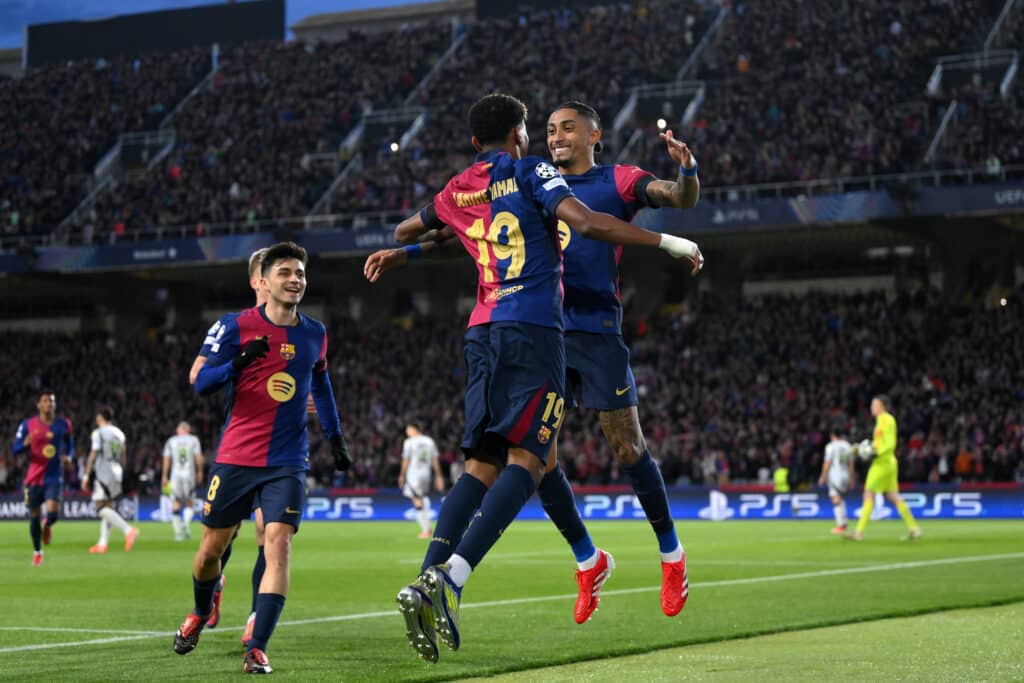
Arsenal’s Near-Miss: Gunners Run Out of Ammo
Arsenal’s semifinal defeat to PSG was a tale of what might have been. Mikel Arteta’s side, second in the Premier League, stunned the football world by thrashing Real Madrid 5-1 on aggregate in the quarterfinals, with Bukayo Saka and Gabriel Martinelli destroying full-backs. Their defensive solidity, led by William Saliba and the Gabriel-replacement Jakub Kiwior, kept even Kylian Mbappé quiet in earlier rounds.
But PSG proved too much. The 1-0 first-leg loss at the Emirates, where Dembélé scored after just 7 minutes, left Arsenal chasing. In Paris, they dominated possession and created chances but Gianluigi Donnarumma’s 3 saves and Saka’s huge missed chance killed their momentum. Fabián Ruiz’s 25-yard screamer and Hakimi’s late strike sealed a 3-1 aggregate loss.
Arsenal’s lack of a clinical striker, exacerbated by Gabriel Jesus’ injury, and the loss of Gabriel Magalhaes hurt. Declan Rice was great, but Vitinha and Neves were better. Arsenal’s first semifinal since 2009 was a milestone, but their wait for a first Champions League title continues.
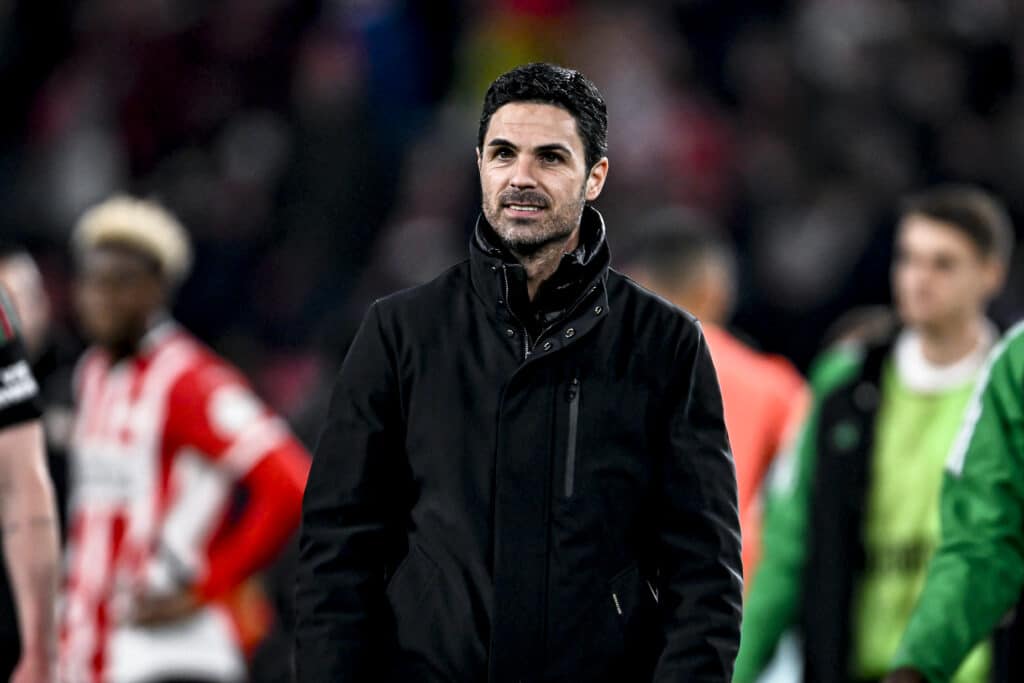
The Munich Final: What to Expect
So, here we are: PSG vs. Inter Milan, Allianz Arena, May 31. This final is a tactical nerd’s dream, pitting Enrique’s fluid, possession-hungry PSG against Inzaghi’s pragmatic, counterattacking Inter. Let’s break it down.
PSG’s Strengths: Their attack is a buzzsaw. Dembélé’s goals and Kvaratskhelia’s progressive carries make them deadly on the break, while Vitinha’s assists and Neves’ ball-winning defensive interventions vs. Arsenal, dominate midfield. Donnarumma’s saves in the semifinals prove he’s a big-game player. PSG’s 33 goals and ability to exploit high lines, Inter’s defense sits deep but can be stretched, give them an edge.
Inter’s Strengths: The Nerazzurri are Europe’s stingiest defense, conceding just 11 goals, thanks to Sommer’s 8 clean sheets and Acerbi’s leadership. Martínez, 9 goals, and Thuram, 4 goals, are lethal on counters, and Çalhanoğlu’s set-piece delivery, Inter scored 14 goals from corners this season, could punish PSG’s shaky aerial defending. Their resilience, shown in the Barça epic, makes them dangerous underdogs.
Key Battles: The midfield clash, Vitinha, Neves, Ruiz vs. Çalhanoğlu, Nicolò Barella, Henrikh Mkhitaryan, will decide who controls the tempo. Hakimi vs. Dumfries on the right flank is a speedster’s duel, while Kvaratskhelia’s dribbling could test Alessandro Bastoni’s positioning. Set pieces will be huge; PSG’s 10 goals conceded from dead balls could be Inter’s trump card.
Can PSG Finally Break the Curse?
For PSG, this final is about more than a trophy, it’s about shedding a decade of near-misses. Their 2020 final loss to Bayern Munich still stings, and with no Messi or Mbappé to lean on, a win would validate Enrique’s team-first ethos. Lifting the trophy would make PSG the first French club to win the Champions League since Marseille in 1993.
Inter, meanwhile, are chasing their first title since 2010, when José Mourinho’s side conquered Europe. A fourth European Cup would tie them with Ajax and Manchester United, cementing Inzaghi’s legacy.
Inter Milan have not lost a home game in the Champions League since 2022 when they lost to Bayern Munich 2-0!
— 365Scores (@365Scores) May 6, 2025
Can Barcelona break this incredible record tonight? pic.twitter.com/9nUhhfhGVl
The Bigger Picture: A Final for the Future
This final isn’t just about 2025, it’s a glimpse into football’s evolution. PSG and Inter represent two paths: the former a globalized, high-pressing machine; the latter a nod to Italian pragmatism with a modern twist. Whoever wins will shape the narrative for years, PSG as the new giants or Inter as the giant-killers.
As the Allianz Arena lights up, expect a match that swings between caution and chaos. PSG’s flair might dazzle, but Inter’s heart could steal the show. One thing’s certain: Munich’s about to witness a final that’ll be talked about for decades. So, grab a beer, settle in, and let’s see who writes their name in the stars.
By Nicky Helfgott / @NickyHelfgott1 on Twitter (X)
Keep up with all the latest Champions League stats, where to watch & latest news on the 365Scores website and app!
